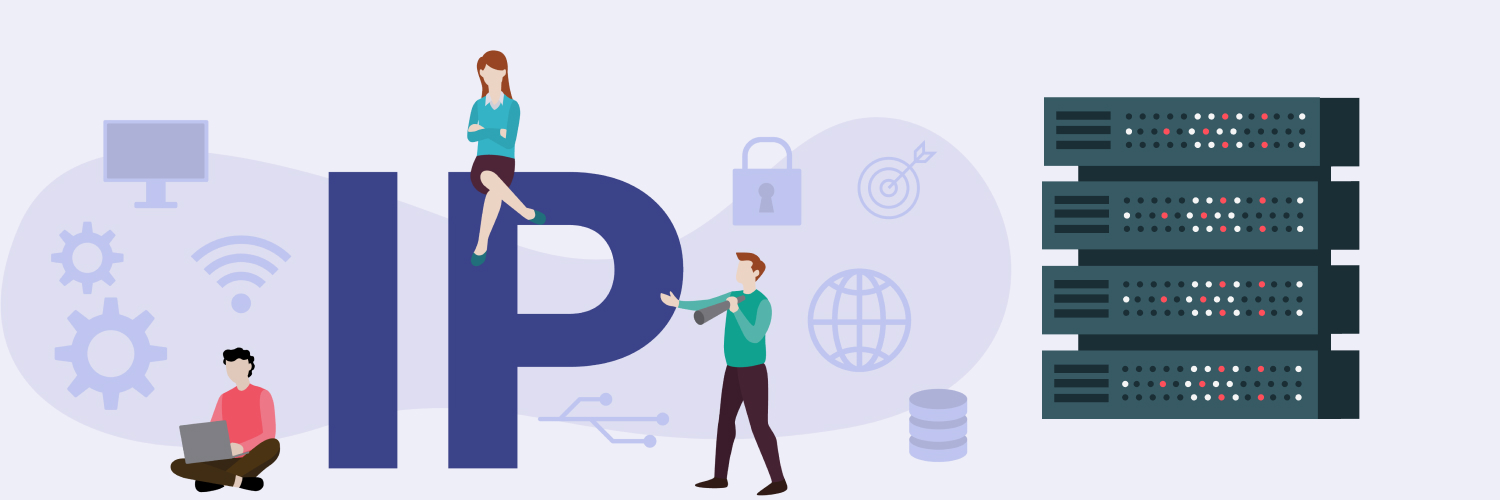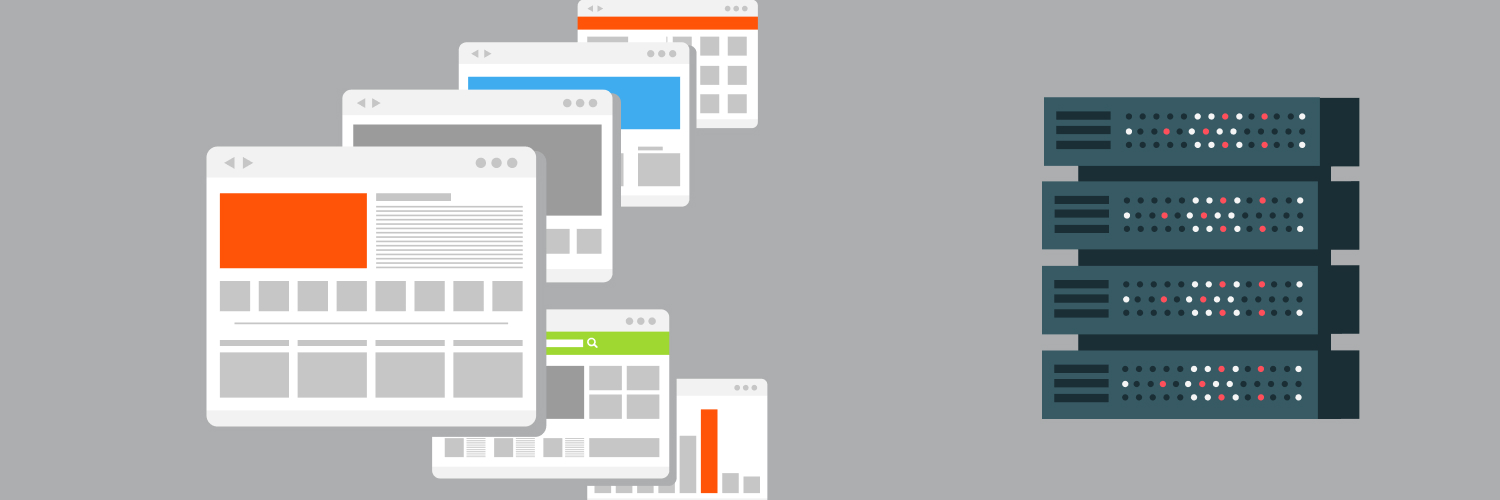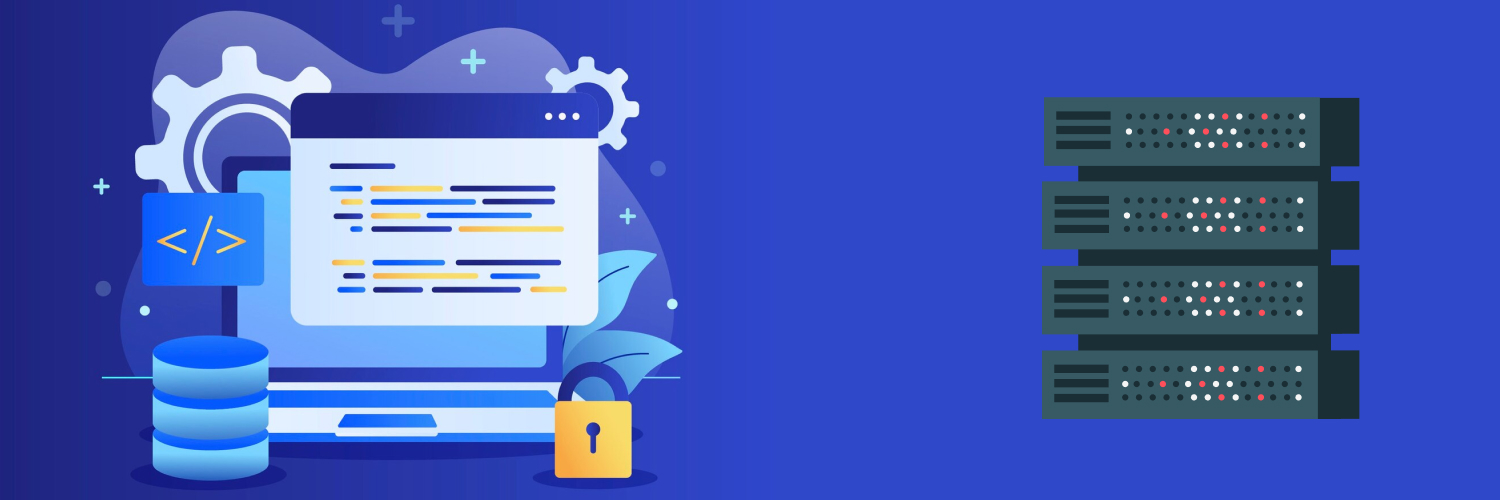What Is Email Scraping? How Businesses Can Extract Emails From Google Maps And Other Sources for B2B Marketing
Cold email campaigns are among the go-to approaches for companies seeking B2B clients. However, finding promising leads can be a challenge. Navigating the competitive landscape of B2B marketing demands a strategic approach to gathering essential contact information. As your business aims to expand its roster of corporate clients, you’ll likely find that collecting potential customer data manually can be both laborious and time-consuming. Enter email scraping, a method gaining traction in the B2B space for its efficiency and cost-effectiveness. Email scraping is an increasingly popular way to extract emails and other contact information from various sources, including websites, online directories, social media platforms, and more.
In this post, we’ll dive into the strategic role of email scraping for potential B2B leads. We’ll discuss how best to extract emails to acquire valuable leads and provide email scraping ideas to enhance your B2B digital marketing effectiveness.
What Is Email Scraping?

Email scraping is a type of web scraping that focuses specifically on extracting email addresses.
The term “email scraping” refers to the process of automatically collecting email addresses from various sources on the internet. When someone chooses to extract emails from text-based websites, databases, and other online sources, they typically do so for the purpose of building email lists or for marketing and outreach efforts. Automated tools or scripts let email scrapers systematically scan websites, forums, social media platforms, and other sources to extract email addresses.
Email scraping has many legitimate uses, such as building a mailing list for a newsletter or reaching out to potential customers. However, bad actors can also misuse extracted emails for spamming, phishing, or other malicious activities. As a result, many websites and online platforms have implemented various anti-scraping techniques to prevent or limit automatic email extraction to protect user privacy and prevent misuse.
One important note is that email scraping without permission may violate legal regulations, such as data protection laws, or a particular source’s terms of service. If you plan to extract emails from any online source, it’s critical to follow the website’s terms of service and applicable laws and regulations when collecting and using email addresses.
Is It Valid (and Ethical) to Extract Emails Through Scraping?

The legality of using email scraping to extract emails, and of using web scraping in general, depends on various factors. These can include the jurisdiction, the specific methods you employ, and whether the process you use complies with applicable laws and regulations.
It is perfectly legal to scrape publicly available data by performing web scraping operations under certain conditions:
- You do not use the collected data for any malicious or harmful purpose.
- You do not use the data to harm the scraped website’s brand, business, or operations.
- The data you collect does not include Personally Identifiable Information (PII).
In various countries and regions, data protection regulations exist to protect PII. Some of these regulations include:
- United States: The California Consumer Privacy Act (CCPA)
- European Union: The General Data Protection Regulation (GDPR)
- Brazil: The General Personal Data Protection Law (in Portuguese, Lei Geral de Proteção de Dados Pessoais, or LGPD)
- Canada: The Personal Information Protection and Electronic Documents Act (PIPEDA)
- South Africa: The Protection of Personal Information Act (POPI Act)
Exercise abundant caution if you decide to extract emails by scraping publicly available data. Under many data privacy laws, email addresses are considered PII because they can be used to identify their owners. This may or may not apply to corporate contact information. It is essential to adhere to legal and ethical standards, obtain proper consent, and respect the privacy policies of the websites from which you extract emails. Violating these principles and rules may lead to legal consequences and could damage your company’s reputation.
It’s best practice to consult a legal professional and to stay informed about relevant privacy regulations to ensure compliance when conducting any kind of web scraping activity, including scraping public sources to extract emails for B2B cold email campaigns.
Best practices for extracting emails legally and ethically
Here are some general guidelines for legally and ethically scraping publicly available business contact information.
- Review each site’s terms of service. Before scraping any website, database, or other online source, carefully review its terms of service document to ensure that scraping is allowed. Some websites explicitly prohibit scraping in their terms of service.
- Check each site’s robots.txt file. This file provides guidelines for web crawlers and may indicate which parts of the site are off-limits for scraping.
- Stick to public information. Focus on scraping only publicly available information. Avoid attempting to access restricted or private data; doing so may lead to legal issues.
- Practice respectful crawling. Ensure that your email scraping process is respectful and does not place an undue burden on the website’s servers. Implement proper delays between requests to avoid overloading the server, and don’t conduct your crawling efforts during peak traffic times.
- Use reputable tools. Choose tools like Rayobyte’s Web Scraping API that are designed for ethical and legal use.
- Be mindful of privacy laws. Even if the information is publicly available, respect individuals’ privacy rights, and do not use the data you collect in ways that may violate privacy laws.
Can I Extract Emails Manually?

Most email scraping operations involve an automated process or scraping tool of some kind. However, it is possible to extract emails and other B2B contact information manually. The process involves visiting websites, social media profiles, online databases, and other platforms and collecting email addresses one by one.
Benefits of manual email extraction
Manual extraction allows you to be selective and target specific sources, ensuring that you collect relevant and high-quality email addresses. When you extract emails manually, you may have the opportunity to more effectively personalize your outreach efforts, as you can gather additional information about the individuals who own the email addresses.
Drawbacks of extracting emails manually
Manual extraction is time-consuming, especially if you need a larger number of email addresses. Due to the time and effort involved, using a manual process to extract emails is not scalable for larger projects. Also, if you plan to extract emails manually, human error is a risk; there’s a chance of missing some addresses or making mistakes during the collection process.
Extracting emails manually may not be practical for certain tasks, especially those requiring real-time or frequent updates.
Using Scraping Tools To Extract Emails

An alternative to inefficient manual email extraction is to use an automated tool to extract emails from online sources. An email scraper is essentially a specialized type of web scraper. There are many pros and cons to using online data-gathering tools.
Advantages of using a scraper to extract emails
There are many reasons why you might want to consider using an email scraping tool to collect business contact emails from public sources on the internet.
- Automation and efficiency: Email scraping tools automate the process of extracting emails, saving time and effort compared to manual methods.
- Data aggregation: Email scrapers can aggregate data from different sources, helping you compile a comprehensive list of email addresses.
- Granularity based on criteria: You can target specific audiences by extracting emails based on criteria such as industry, location, or job title.
- Cost-effectiveness: Compared to labor-intensive, time-consuming manual methods of data collection, email scrapers can be cost-effective, especially for small businesses or startups with limited resources.
- Real-time data: Using an email scraper can help you gather real-time information that isn’t outdated by the time a manual collection process is finished.
- Quick response: The automation of email scraping tools enables quick responses to market changes or emerging opportunities.
- Integration with CRM systems: Many email scraping tools allow integration with Customer Relationship Management (CRM) systems, streamlining the process of managing and utilizing the extracted emails.
Challenges of email scraping
There are also a variety of challenges you may face when undertaking an email scraping campaign to extract emails from various sources. Some of these may include:
- Spam concerns: Email scraping can contribute to spam-related issues if you do not do it responsibly and ethically. Sending unsolicited marketing emails can harm your company’s reputation and may lead to legal consequences.
- Data quality: Some email scraping tools may not always provide accurate or up-to-date information. You might end up with a list containing invalid or outdated email addresses.
- Risk of IP blocking: Automated scraping can lead to IP blocking by websites, as some servers can identify web scraping as suspicious activity.
- Limited customization: Some email scraping tools may lack customization options. This means you may have less control over the data you collect or your ability to filter out irrelevant information.
Email Scraping for B2B Leads: Potential Sources

B2B enterprises can use an email scraper to extract emails from a variety of different sources. Here, we will examine several platform ideas to consider while setting up your email scraping strategy.
How to scrape emails from Google Maps
Most people know how to email directions from Google Maps, but very few know how to extract company emails from Google Maps. This is one of the most popular platforms to scrape for B2B contact information for good reason: Google Maps features over 200 million businesses and places, the listings for most of which contain a goldmine of contact data that B2B marketers can use.
Using an email scraper to extract emails from Google Maps is far less labor-intensive than collecting that data manually.
How to extract emails from websites
With an email scraper, you can also extract emails from a large number of company websites based on the criteria you specify, such as industry, location, company size, and more.
How to scrape emails from social media platforms
Many official business profiles on various social media platforms provide contact information for those businesses. An email scraper can extract these emails in a fraction of the time it would take to do so manually.
How to extract emails from Facebook groups
Although Facebook does not permit automated access or web scraping without the company’s express written permission, there are ways to obtain emails ethically from a Facebook group you own or administer. Without the risk of violating Facebook’s terms of service, you can request each person who joins your group to provide you with their email address via:
- The group description
- A pinned or featured post within the group
- A landing page
- The group’s membership questions
How to extract emails from PDF documents
Many web scrapers offer configuration options that allow the user to scrape information directly from PDF documents. You can even configure your email scraper to focus on extracting emails from a collection of PDF files.
How to scrape website owners’ emails from online registration information
For those unfamiliar, the WHOIS database is a public collection of contact information for a vast number of website owners. You could use the ICANN registration data lookup tool to extract emails from website registrations individually, or you can configure your email scraper to extract emails from the database in a much faster, more efficient manner.
How to extract email addresses from Word documents
Did you know that you can extract email addresses from Microsoft Word documents using the Advanced Find feature? It’s actually quite simple.
- Within your Word document, click the Home tab.
- Click the drop-down arrow beside the “Find” menu option and click “Advanced Find.”
- In the “Find what” field, type the following search string: [A-z,0-9]{1,}\@[A-z,0-9,\.]{1,}
- Within the Find and Replace dialog box, click the “More” button and check the box marked “Use wildcards.”
- Click the “Find in” button, and then click “Main Document.” This will highlight every email address in your Word document.
- Now, use the keyboard shortcut Ctrl + C to copy the highlighted email addresses.
- Paste the copied email addresses into a new document (Word document, notepad, spreadsheet, etc.) by using the shortcut Ctrl + V.
How to extract all email addresses from Outlook
Extracting all of your contact email addresses from Microsoft Outlook is simple. In fact, Outlook provides a dedicated option for doing so.
- Click “File.”
- Click “Open & Export,” then select “Import/Export.”
- Click “Export to a file,” then click “Next.”
- Select “Comma Separated Values” and click “Next.”
- Under your email account, select “Contacts.”
- Click “Browse…” and navigate to the location where you wish to save your .CSV file.
- Enter a name for your file, then click “OK.”
- Click “Finish.”
Let Rayobyte’s Web Scraping API Simplify Your Email Extraction Efforts

Rayobyte’s Web Scraping API is a web scraping tool that can help you extract emails from various online sources to obtain quality B2B leads. With its robust scraping capabilities, the tool can crawl websites, social media profiles, databases, and other sources to collect email addresses.
To use Rayobyte’s Web Scraping API for email extraction, you can specify the target sources from which you want to extract emails. The tool will then scrape the content of those pages and extract the email addresses based on your pre-set criteria.
If one of Rayobyte’s Web Scraping API’s pre-built modules can’t meet your needs, the company can even build a custom module to meet your exact specifications.
How Rayobyte Proxies Can Enhance Your Email Scraping Efforts

You can further enhance your web scraping endeavors by using proxies, such as the world’s most reliable proxies offered by Rayobyte. Residential proxies are often touted as the best for web scraping because they make your internet traffic look like it’s coming from real human internet users rather than a scraping tool. At Rayobyte, we pride ourselves on setting the bar for the industry’s residential proxy ethics. Start your free trial today, or contact us to learn more about our reliable, affordable proxy offerings!
The information contained within this article, including information posted by official staff, guest-submitted material, message board postings, or other third-party material is presented solely for the purposes of education and furtherance of the knowledge of the reader. All trademarks used in this publication are hereby acknowledged as the property of their respective owners.






